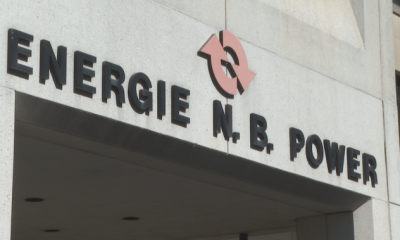General News
Millions in the EU still unable to afford internet

Millions of EU citizens were last year unable to afford a connection to the internet, according to new data released on Tuesday by Eurostat.
About 2.4% of the European Union’s 450 million inhabitants were unable to afford an internet connection in 2022, the statistical agency found.
In an encouraging sign, this figure is 0.3% lower than in the previous year.
The figure rises to 7.6% when looking at people considered at risk of poverty.
The share of the total and at-risk-of-poverty population unable to afford internet connection varies significantly across EU countries.
In Romania, a staggering one in four of those at risk of poverty were unable to afford internet connection in 2022, with Bulgaria (20.5%) and Hungary (16.5%) also recording high shares. The lowest shares were registered in Denmark and Finland (both 1.0%), followed by Cyprus and Luxembourg (both 1.5%).
People at risk of poverty are those with an income below 60% of the national median.
The findings show that access to the internet remains a challenge for more vulnerable social groups in the EU, with affordability a key barrier.
In 2022, the share of EU households with internet access had risen to 93%, up from 72% in 2011.
The so-called ‘universal service’ obligation means that all EU citizens should have access to a functional and affordable internet connection, and digital communications are considered an ‘essential service’ in the EU.
Disclaimer: No copyright infringement intended. All rights and credits reserved to respective owner(s).
























